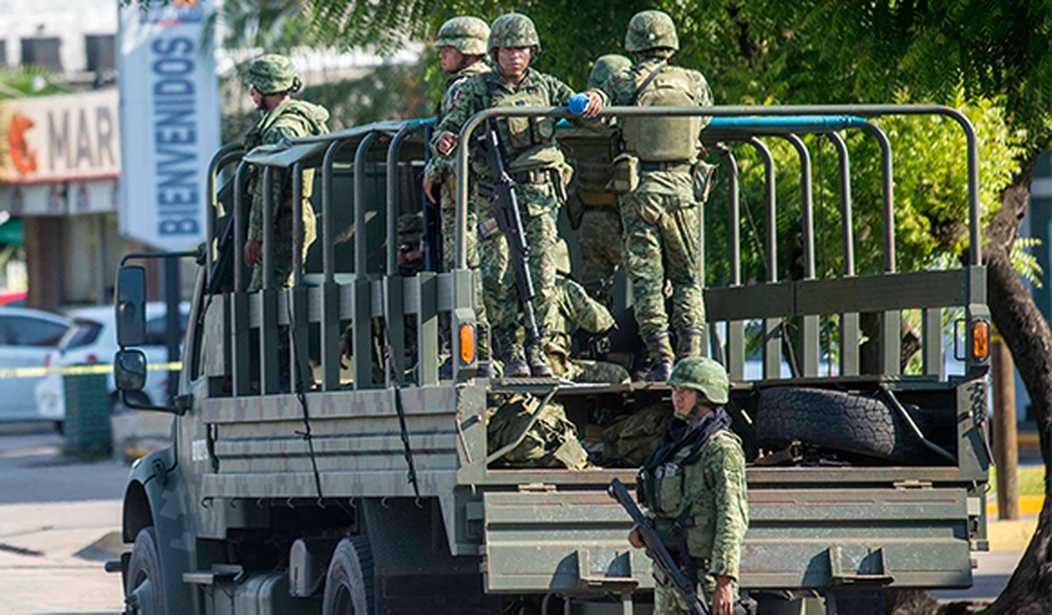A Mexican cartel was supposed to face a $4.64 billion punishment for murdering three American women and their 14 children. However, the case was deemed “symbolic” after it was revealed the families of the victims were never expected to see the funds.
Lawyers representing the families, Motley Rice Law Firm, devised an unusual plan to collect the money from the Juarez cartel more than two years after they murdered innocent Americans.
They’ve blanketed US district courts with more than 1,200 claims against cash and assets US agents have seized from drug dealers and others with suspected ties to the Mexican traffickers. The barrage of claims, which has not been previously reported, targets seizures ranging from $1,779 confiscated at the Arizona border to $6 million in money laundering proceeds collected by federal prosecutors in New York. The claimants see the New York case in particular as an opportunity for courts to reframe the application of the Terrorism Risk Insurance Act, a law passed after 9/11 to compensate victims of terrorism. The cases also have the potential to bring new scrutiny to the scope and purpose of federal forfeiture laws, which have empowered the government to seize billions of dollars in cash and assets from drug traffickers and other criminals over the last few decades. Some of the money goes to crime victims; uncontested assets also typically fund law enforcement initiatives and community programs such as drug treatment and prevention. Via Bloomberg Law.
In 2019, the Juarez Cartel attacked three U.S. citizen mothers and their 14 children while vacationing in Sierra Alta in Sonora, Mexico.
The Mexican cartel members shot more than a hundred rounds of ammunition at the American’s cars, prompting the vehicle to go up in flames. The mother and her children initially survived the gunshots to the car, but later died in the fire.
Sources told the FBI that the Juarez cartel was looking for challengers from another Mexican gang when they seized control of the streets.
Recommended
The outlet claims that Motley Rice “is no stranger to going after financiers of terrorist attacks.”
The U.S. federal government argues that the firm’s clients have a right to the seized funds, or that some can be traced to the Juarez cartel.
Widowers and legal guardians of the surviving minors sued the cartel in North Dakota, arguing that the Juarez cartel should be held to U.S. laws for the deaths, including banning international terrorism.
However, no one from the cartel showed up in court.
New York has moved to dismiss the case after it was re-assigned to U.S. District Court Judge Sidney Stein on May 9.
“The United States holds a vested interest in the forfeiture assets," head prosecutor Damian Williams wrote in a February court filing. Ruling in favor of the plaintiffs "may impair or impede the ability of the United States to protect its interest in the forfeiture assets.”
However, New York’s move to dismiss the case contradicts an Ohio case in which victims' families were awarded $9.93 million in assets seized in 2023.

























